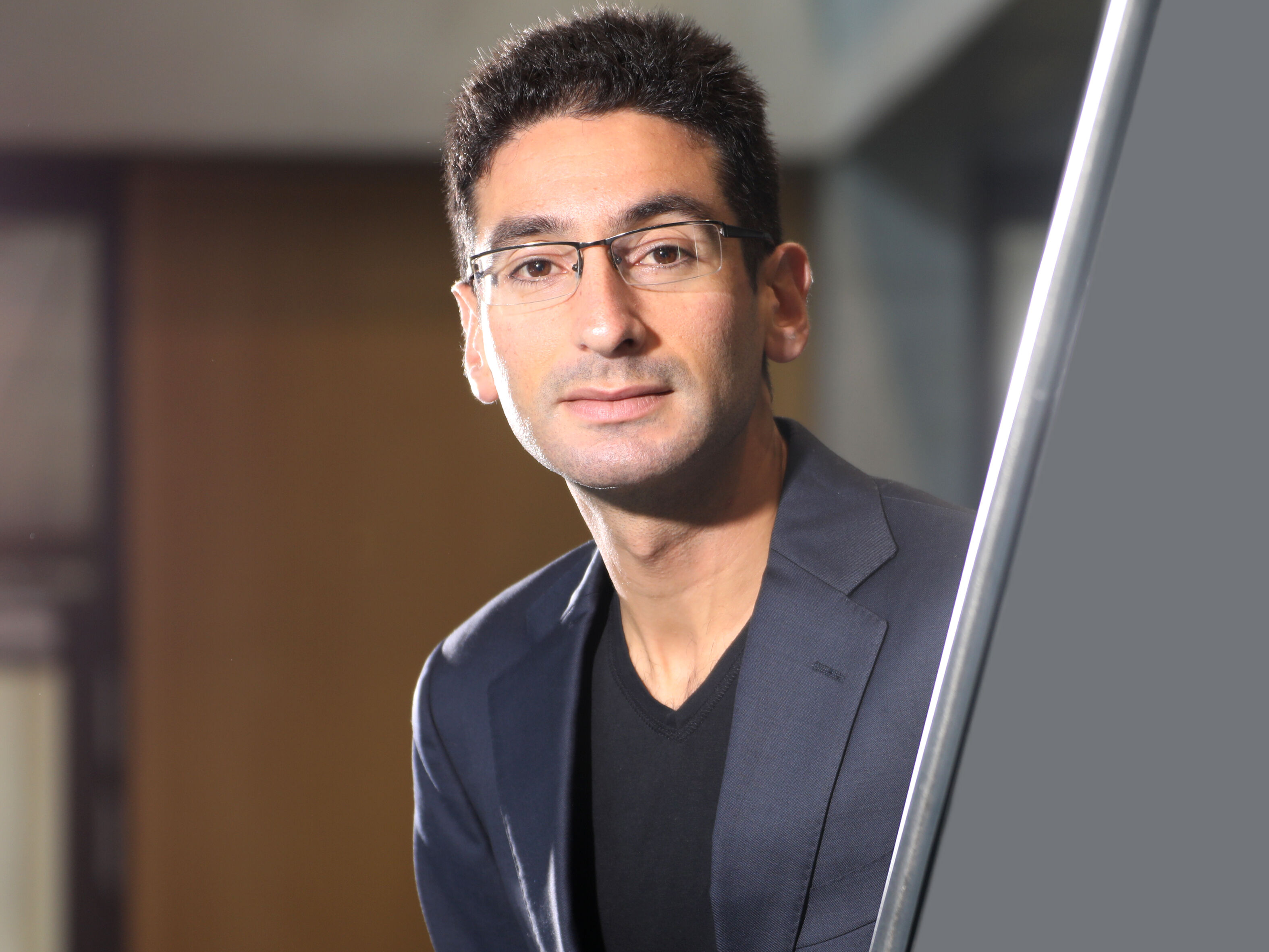The concept of perfection has enormous currency in today’s digital economy. The latest models of the smartphone, tablet, laptop, and television promise sharp, pristine images with lossless compression and a maximal likeness to reality. While Hito Steyerl has defended the “poor” or “imperfect” image as an antidote to hegemonic media structures, I will demonstrate that the concept of perfection itself is anything but stable or unequivocal in its meanings. Intervening in contemporary debates about “rich” and “poor” images, and “high” and “low” definition, my lecture will offer a more differentiated and historically dynamic understanding of perfection as a key concept in global film and media theory. The lecture will establish the aesthetic category of perfection as a vital site of theoretical inquiry in the present age of digital technologies and pervasive neoliberal logics.
Nicholas Baer is Assistant Professor of Film Studies in the Department of Arts, Culture, and Media at the University of Groningen and Junior Fellow at the Alfried Krupp Institute for Advanced Study in Greifswald. He is author of the forthcoming monograph, Historical Turns: Weimar Cinema and the Crisis of Historicism, and co-editor of two volumes of film and media theory: the award-winning The Promise of Cinema: German Film Theory, 1907–1933 (University of California Press, 2016) and Unwatchable (Rutgers University Press, 2019). Baer has published on film and media, critical theory, and intellectual history in journals such as Film Quarterly, Krisis: Journal for Contemporary Philosophy, Los Angeles Review of Books, NECSUS: European Journal of Media Studies, Public Seminar, and October, and his writings have been translated into six languages.
Moderation: Professor Dr. Eckhard Schumacher
-------
Organizational information on the digital lecture
The Alfried Krupp Wissenschaftskolleg is offering this event live as a zoom meeting, in which viewers can also take part in the subsequent discussion with video contributions, too.
- We would be delighted if you gave your real name when dialing into Zoom. Of course, you can also take part in the event under a pseudonym.
- A list of all participants is available to all those involved during the entire event.
- During the lecture, the microphones of the audience are all automatically muted so as not to generate any disturbing background noise. You can turn on the audience's camera during the lecture.
- In the discussion that follows, requests to speak or questions can be displayed using the "Raise hand" function. You can find these - depending on the device - under the button "Participant", "More" or "Reactions" in Zoom. You can also lower your hand again if you want to withdraw the question.
- The moderator keeps a speech list and gives the floor in the order of the messages. If the moderator asks you to bring your question or request to speak, the user interface will ask you to turn on your microphone. If you have not already done so, you are welcome to turn on your camera. This is particularly desirable when presenting longer requests to speak so that the presenter can also see who is asking the question or who is making the comment.
- Of course, you also have the option of asking your questions in writing in the chat.
Recording of the digital lecture
The digital lecture will be recorded so that it can be used in the college's media library. Only the speaker, his / her presentation and the moderator can be heard or seen in the recording. Video, audio or chat contributions are not recorded. A “REC” symbol at the edge of the screen informs the participants about the current recording.

